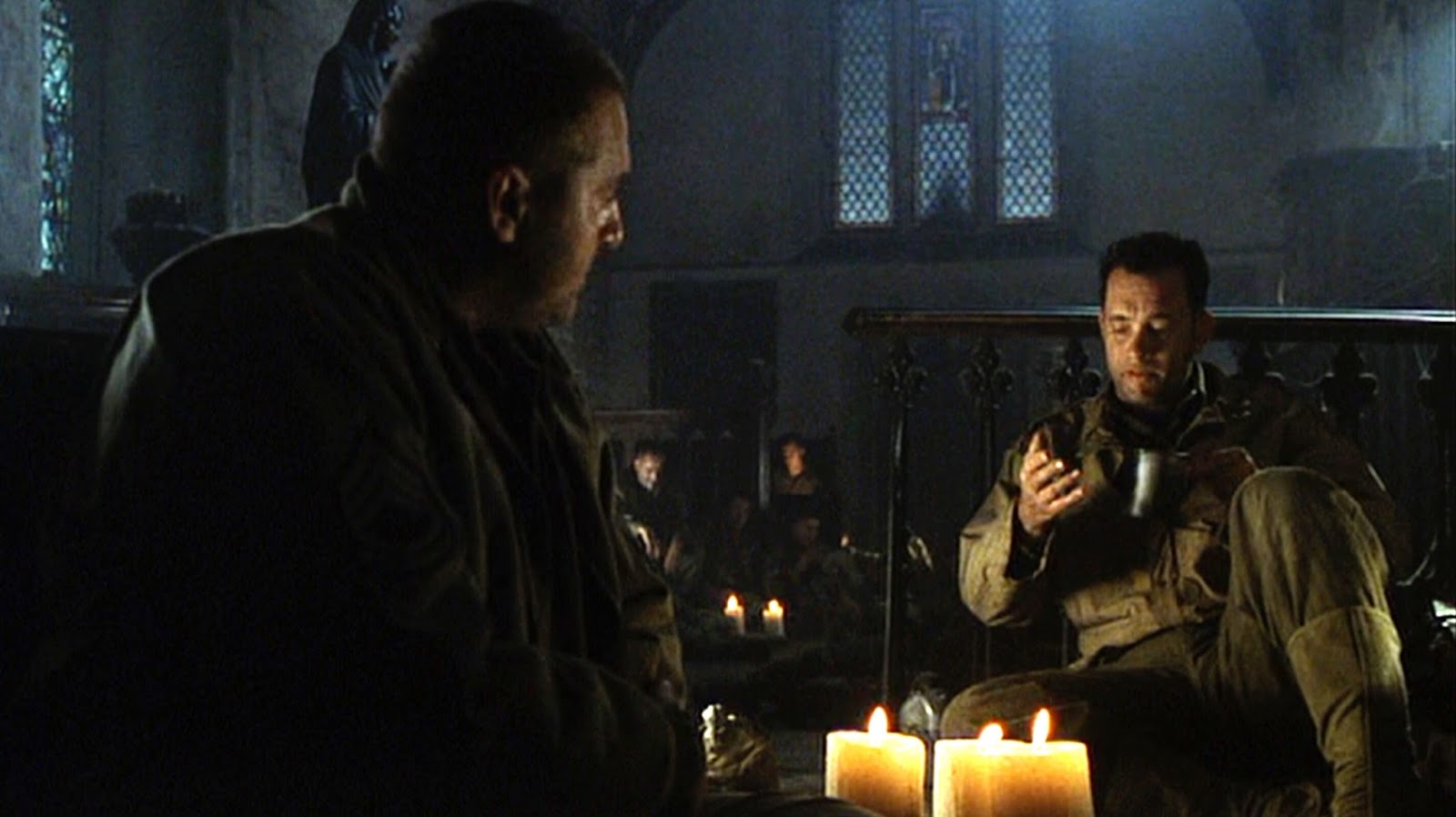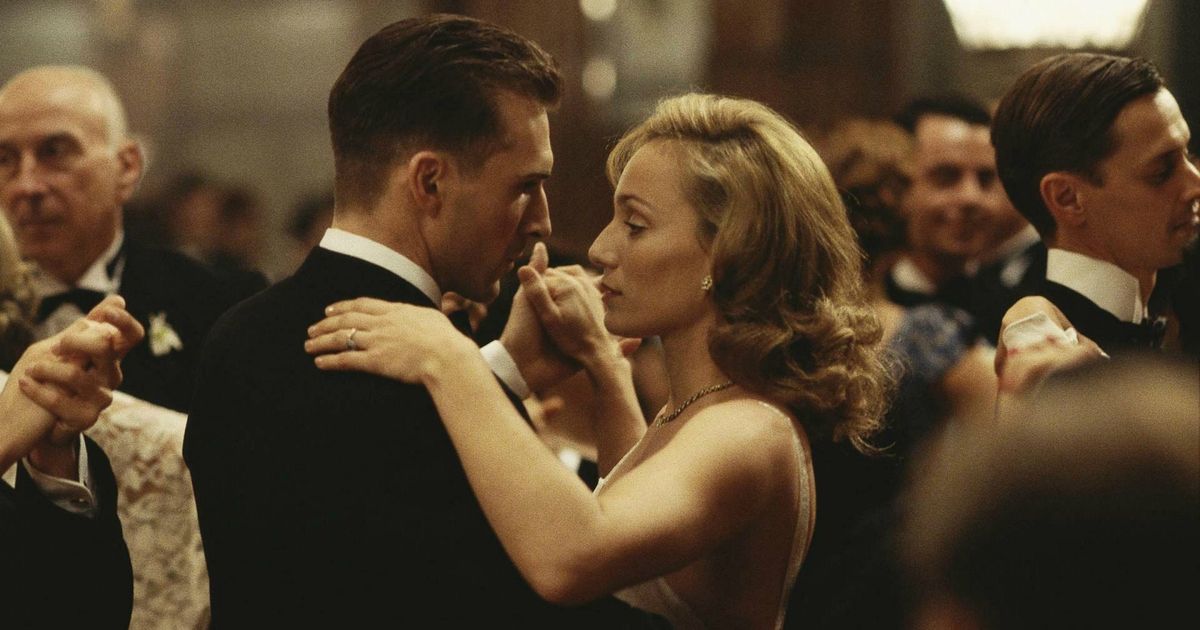It sucks to feel alone.
I realize that might not be the case for everyone, but for me, it’s far from ideal. Keep in mind, I’m not saying anything about being alone. Much of my childhood was spent alone, in my room, surrounded by the things that made me happy and I didn’t feel any worse for wear because of it. It still holds true as an adult. Many years were spent living alone, surrounded by things that gave me comfort, and all was well.
Growing up in a small town often means you’re never alone. Both my grandparents lived within a ten minute drive. Some aunts and uncles, and therefore cousins, were also close. While “family” might be important for the fast and furious crowd, it wasn’t a necessity for me, but it did mean that should I need to borrow a new book or construct something in my grandfather’s workshop, the ability to spend time with someone wasn’t far away.
The same goes for friends. I remember making my first friend when I was four years old at daycare. Forty years later and we podcast together almost every Sunday. Having the same set of friends from Kindergarten to Senior year of high school wasn’t uncommon. Until I left for college, the only time I had to really meet new people and make new friends was in sixth grade when all the local towns with individual elementary schools sent their students to a combined middle school. Even then the towns were small enough so we were only meeting twenty new kids.
I never had to work at making friends.
The first time I ever felt truly lonely was when I left my home town, my home state, to go to college in Boston. If you read my previous piece about my first real adventures in the big city then you know I was at least trying to meet some new people, but while they might’ve been fine people their choice of adventures didn’t exactly line up with mine. So while I was absolutely surrounded by more people than I even had in my entire life (the city of Boston has at least 3x the population of the entire state of Maine) I spent a good deal of my time in solitude.
While this should’ve been good for my studies, it actually wasn’t. I’m one of those people who at times can be crippled by mental health. If I’m not in a “good space” I can spend an entire day in bed watching comfort tv or, since I had a roommate who I didn’t want to hang around with, or wandering my new home endlessly. The banks of the Charles River and street corners on Commonwealth Avenue became my new haunts where I could either enjoy some quiet or watch the bustling city go by.
But I wasn’t happy. When I left for college, I left behind a girlfriend who was going into her Senior year and wasn’t exactly happy that I’d decided to move away for school. She came along with my mother to drop me off and I can still vividly remember her cries as it was time for her to leave. This was before the days of cell phones, so it wasn’t uncommon for me to have a message waiting for me, from her, on the answering machine when I’d return from classes. We made plans to talk on the phone every Thursday night and for me to bus home at least once a month.
While it was nice to feel missed, it wasn’t exactly what was best for me at the time. But it certainly helped with the feelings of loneliness. As the weekly phone calls continued, that momentary relief contributed to my desire to return home. If I were to put it honestly and bluntly, I’d say it wore me down. For me it was a big deal that I went to the “big city” to go to college and the thought of returning home to go to the local university felt like failure. I was doing perfectly fine in my classes, really enjoying my Freshman English actually, and while my grades weren’t lighting the world on fire, they’d be enough to continue my scholarships for at least another semester.
But those weekly calls were getting to me, and her pleas to come back to Maine, to the people I knew, looked more promising.
Then I happened to make a necessary friend. He was much like me, a wannabe drama nerd who loved the same music I did, and most importantly, was from a big city himself. While he came from Providence, he was familiar with the city of Boston and before long the strange metropolis started to open itself to me. While I’d mostly kept myself to Commonwealth Ave and streets right next to subway stops, he was used to going anywhere and everywhere. He showed me Newbury St, which soon became my favorite place in the city thanks to it’s Tower Records, Newbury Comics, and our frequent favorite hangout, The Other Side Cafe. In that ill lit hidden place with it’s mismatched cups and cutlery, we’d sit and discuss movies, books, and anything else that interested us.
He’s the one who introduced me to Anne Rice. Being a fan of horror, I was shocked I hadn’t come across her work before, but with a movie adaptation coming in November, he gave me a copy of An Interview with the Vampire and encouraged me to read it as quickly as possible. I believe it took me two nights, when I should’ve been studying, to finish it off. When he told me there were three more books in the series I couldn’t wait to pick them up. So when the adaptation finally hit the big screen, we were there on opening night.
It was absolutely the movie I needed to see at that time.
When the movie starts we meet Louis, played by new star Brad Pitt, as he explains his life to a reporter played by Christian Slater. He is the vampire of the title, and after years of existing in secret he’s ready to share his story. And that story begins with Lestat. Lestat, played surprisingly well by Tom Cruise, is the type of friend that many of us wish we had. He’s energetic, lively, and quite figuratively grabs life by the throat and drains it dry. The type of friend that knows every happening spot, the finest restaurants, and the prettiest women. It’s nearly impossible not to fall under his spell and what the life he lives despite the fact that when it comes right down to it, he doesn’t give a fuck about you. He might be lonely like yourself, hell it’s the only reason he creates Louis, but when it comes down to it you meet a need for him and when that need is met, or he becomes bored with your company, he’ll likely move on. Lestat, while charming, is a manipulative bastard who isn’t good for Louis, but he happened to meet Louis as he had a death wish after the untimely passing of his wife and child.
My new friend was definitely not Lestat, but being the anxious person that I am, the thought definitely entered my mind. We all have at least one Lestat in our life, don’t we? That friend who is fun to go out with once in a while, who will likely land you in trouble or get you to agree to do something you’ll regret, but you’ll be so caught up in the whirlwind that you won’t mind until you come back down to Earth.
And that happens to Louis. After he becomes a vampire he notices that everything is new and different. He’s encouraged to look at the world with this “vampire eyes” and suddenly what was once mundane is now filled with wonders. He has said his goodbyes to the light, but is ready to see what the world now has to offer.
If I were to compare “Paul” (named changed) to any character in the film, it would likely be Armand, the more worldly, educated, vampire who felt immediately like a long held friend despite our barely knowing each other. So we went to films, and concerts (that Nine Inch Nails show is still one of the best I’ve ever been to) and hung out on a near nightly basis. Others would join us and I soon felt more comfortable and at home than I had since I arrived two months earlier.
When I returned home for Thanksgiving break I was bound and determined to tell my girlfriend that it was time for us both to move on, that I wouldn’t be returning from Boston, and that we should go our separate ways.
Remember the scene in Interview where a young Kirsten Dunst, who stole every scene she was in as the recent vampire Claudia, knows that Louis plans to leave her for Armand and throws an outstanding fit? That’s kinda how it went when I brought up not coming back to Maine. My entire world got very emotional very quickly and I wasn’t prepared for it. I’ve never wanted to disappoint anyone in my entire life and there were times when the thought of anyone disliking me or being angry with me would consume my thoughts. I’ve always been a peacemaker even when a compromise wasn’t in my best interest because it would keep situations from spiraling out of control. Call it a coping skill, call it a trauma response, but it took me decades to realize that I was doing that and more than once in life it’s held me back.
I couldn’t do it. I couldn’t break up with her and before the night was over I promised her I’d transfer to the local university for the Spring semester. While it’d be nice to certainly blame the whole thing on her, I have to realize the part I played in it as well. I liked having a girlfriend. I’d had nearly continuous girlfriends since my freshman year of high school. I liked being part of a couple. And while there were approximately a million girls my age in Boston, there was no certainty that any of them would like me. That’s the thought that stuck with me. I doubted I’d be able to handle the collective rejection of an entire city’s worth of women and be able to maintain my mental health.
I returned to school knowing that my days there would soon be over. During that time I made the most of my opportunities which meant running up my meager credit card, ignoring my classes (which I somehow still did fine in), and not telling anyone that I wouldn’t be returning. That news wasn’t even broken to my mother until Christmas break. When the semester ended I even left stuff in my dorm room just in case Santa brought me some bravery for Christmas, which necessitated a last minute trip in January to retrieve my stuff because I didn’t even notify Boston University that I wouldn’t be returning until two days before the semester resumed.
I didn’t even tell “Paul” I wouldn’t be returning and that’s probably what hurt the most. During break he wanted me to come down to Providence to hang out before returning to class and I didn’t have the guts to tell him that this was likely goodbye. He had been kind enough to help me take my stuff to the station and even then, when more than anything I wanted to come back, I said “see you soon” and boarded the bus.
If there’s a theme to Interview with the Vampire, it’s that life is full of regrets and learning to live with them. Louis certainly had enough of them to weigh his conscience down, definitely more than I did, but mine still feel a bit heavy to this day.
The relationship with that girl lasted through the Spring semester, which I certainly sulked my way through back in Maine. It lasted while we moved in together, earlier than I wanted to but again, I felt the need to acquiesce in order to keep the peace. Who knows how long it might’ve lasted had I not decided to search for “Paul’s” email the next year to ask how he was doing. Of course he asked “what the hell happened? Why didn’t you come back?” and I couldn’t give him an answer that didn’t sound cowardly. We emailed back and forth a few times, even agreeing to meet up in Boston to hang out again with him and his girlfriend, maybe go to a concert, but it never happened because doing so would admit that I gave up on that part of my life and retreated back to safe ground out of fear.
There is a scene at the end of the movie when Armand is encouraging Louis to leave with him, to move on with his life and Louis asks him one simple question. “You can teach me this? To be without regret?” Armand had no real answer for him, and at the time, neither did I. I lived with my regret of leaving behind a city and a friend for many years because I couldn’t stand on my own. I allowed my fears to make the choice for me. That regret, that weakness, colored every decision, many of them life changing, for years and it wasn’t until I came to the realization that I was responsible for teaching myself this lesson that things began to change.
I needed to change my perspective. I needed to once again look at the world once again with “vampire” eyes.


